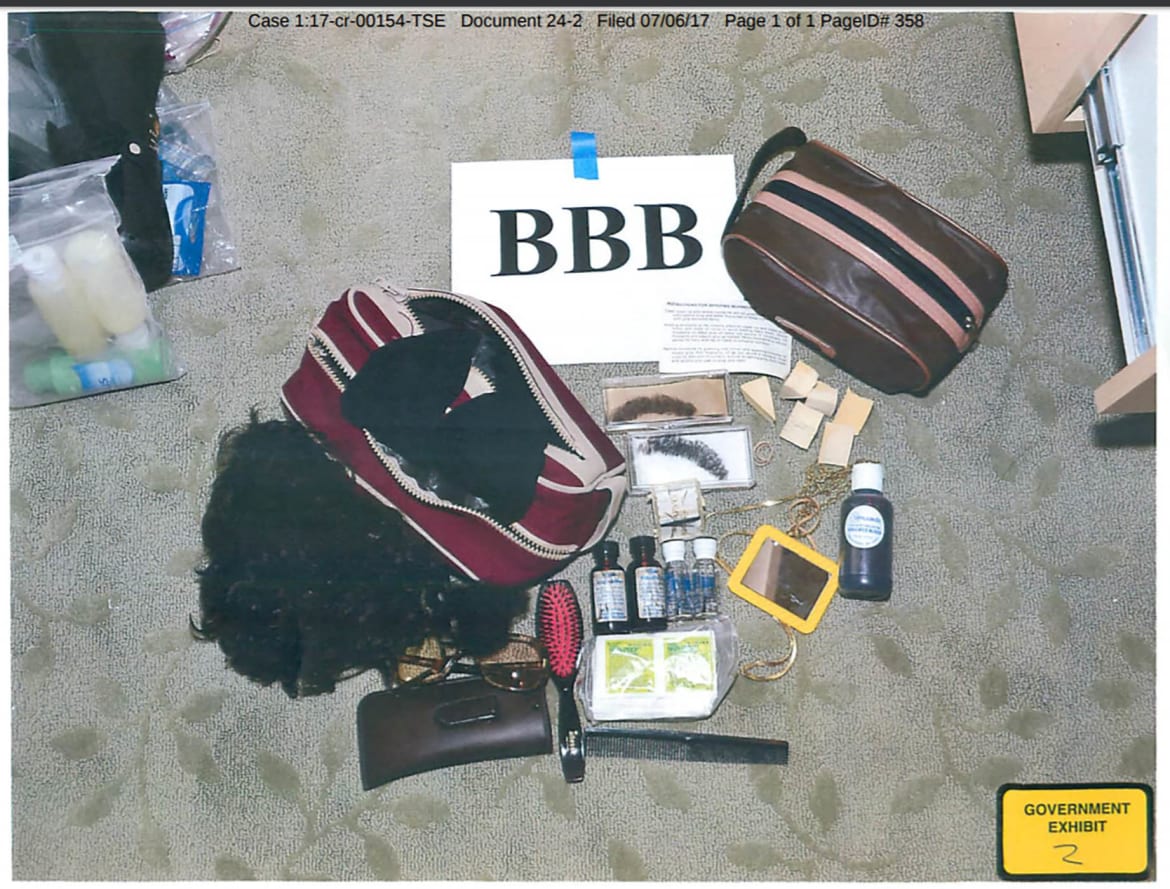The super PAC Women Vote got a $5.4 million contribution in the form of stock in Chinese tech company Baidu. (notice the date too, seems like foreign interference to me)
 In 2016, Women Vote raised almost $38 million and spent just over that. In 2018, they are in the $5 million range, so they need some help right? The political action committee, Women Vote was launched by Emily’s List. Ellen Malcolm is the Founder and Chairman of the Board of Emily’s List and her operation(s) are comprised of top leaders, entrepreneurs and activists committed to pro-choice democratic women according to the website. Another Board member is Lisa Jackson. You remember her right? She was head of the EPA during the Obama administration that too used an alias and non-government emails to conduct official government business. Another Board member is Laura Ricketts. She is the owner of the Chicago Cubs and is a member of the Democratic National Committee’s Executive Committee and was the co-chair of the DNC Finance Committee’s LGBT Leadership Council. Add in Maria Teresa Kumar. She is the founding President and CEO of VOTO Latino. She also serves on the Board of Planned Parenthood, the Latino Leaders Network.
In 2016, Women Vote raised almost $38 million and spent just over that. In 2018, they are in the $5 million range, so they need some help right? The political action committee, Women Vote was launched by Emily’s List. Ellen Malcolm is the Founder and Chairman of the Board of Emily’s List and her operation(s) are comprised of top leaders, entrepreneurs and activists committed to pro-choice democratic women according to the website. Another Board member is Lisa Jackson. You remember her right? She was head of the EPA during the Obama administration that too used an alias and non-government emails to conduct official government business. Another Board member is Laura Ricketts. She is the owner of the Chicago Cubs and is a member of the Democratic National Committee’s Executive Committee and was the co-chair of the DNC Finance Committee’s LGBT Leadership Council. Add in Maria Teresa Kumar. She is the founding President and CEO of VOTO Latino. She also serves on the Board of Planned Parenthood, the Latino Leaders Network.
Heck there are many progressive liberals on the Board of Emily’s List. Travel over to the site and check it out.
If you have had some weird messages as a Skype user from Baidu…here is the deal. It is a Chinese multinational technology company. Baidu is a top developer of Artificial Intelligence and highly aligned with China president Xi Jinping. What is interesting is Baidu is under a holding company based in the Cayman Islands. The company is also traded on NASDAQ.
According to Wikipedia, there is some shady history with Baidu.
Domain name redirection attack
On January 12, 2010, Baidu.com’s DNS records in the United States were altered such that browsers to baidu.com were redirected to a website purporting to be the Iranian Cyber Army, thought to be behind the attack on Twitter during the 2009 Iranian election protests, making the proper site unusable for four hours.[23] Internet users were met with a page saying “This site has been attacked by Iranian Cyber Army“.[24] Chinese hackers later responded by attacking Iranian websites and leaving messages.[25] Baidu later launched legal action against Register.com for gross negligence after it was revealed that Register.com’s technical support staff changed the email address for Baidu.com on the request of an unnamed individual, despite failing security verification procedures. Once the address had been changed, the individual was able to use the forgotten password feature to have Baidu’s domain passwords sent directly to them, allowing them to accomplish the domain hijacking.[26][27]
Baidu workers arrested
On August 6, 2012, the BBC reported that three employees of Baidu were arrested on suspicion that they accepted bribes. The bribes were allegedly paid for deleting posts from the forum service. Four people were fired in connection with these arrests.[28]
91 Wireless acquisition
On July 16, 2013, Baidu announced its intention to purchase 91 Wireless from NetDragon. 91 Wireless is best known for its app store, but it has been reported that the app store faces piracy and other legal issues.[29] On August 14, 2013, Baidu announced that its wholly owned subsidiary Baidu (Hong Kong) Limited has signed a definitive merger agreement to acquire 91 Wireless Web-soft Limited from NetDragon Web-soft Inc.[30] for 1.85 billion dollars in what was reported to be the biggest deal ever in China’s IT sector.[31]
There is more like the death of a student from cancer while working at headquarters.
Pretty weird that a Chinese tech company is getting involved with women voting and a political action committee right?











